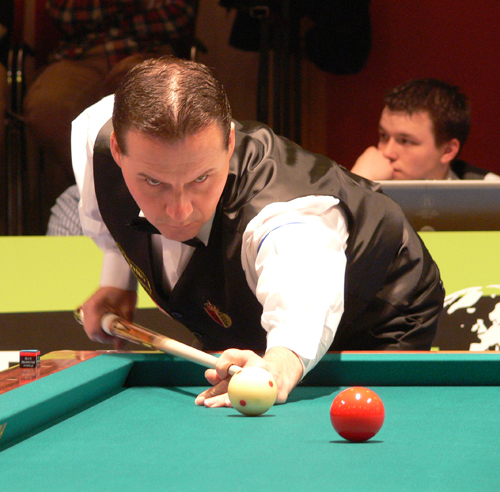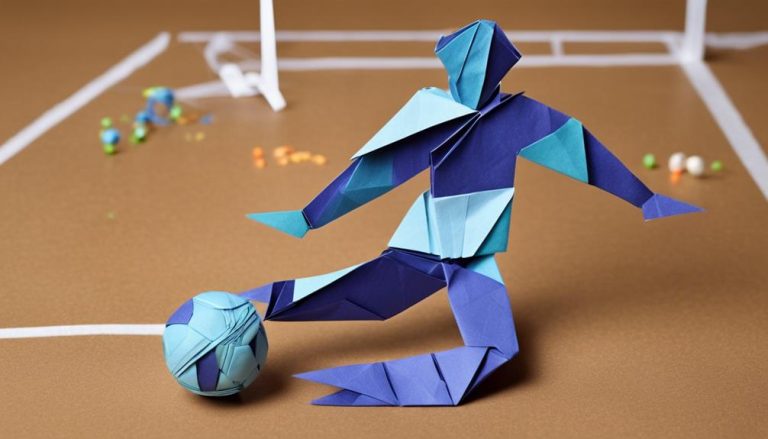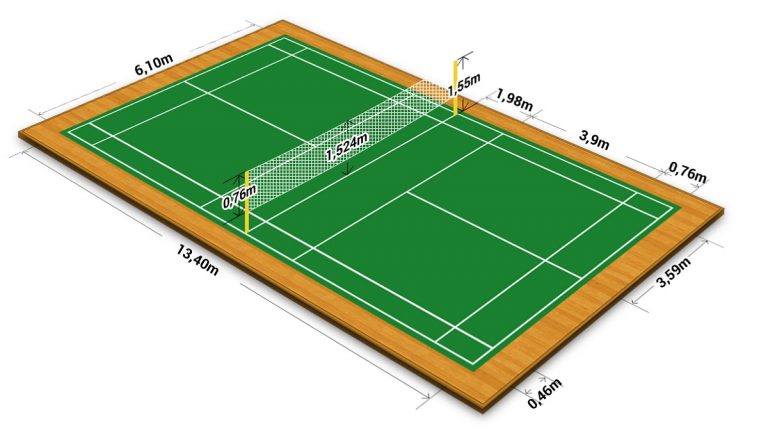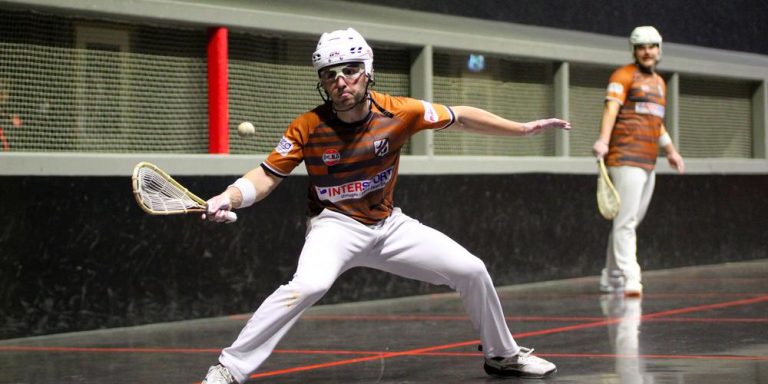General Rules of Artistic Pool
Artistic pool, also known as trick shot pool or fancy pool, is a sport that involves performing a variety of trick shots and stunts with pool balls on a pool table. The history of artistic pool dates back to the early 20th century, with the first known trick shot artist being “Professor Q,” who performed trick shots in vaudeville shows in the 1920s.

The modern form of artistic pool developed in the 1970s and 1980s, with the first professional trick shot tournaments being held in the United States. The sport gained popularity in the United States and Europe, with the World Artistic Pool Championship being held every year since 1994.
Artistic pool involves a range of technical and creative skills, with players performing tricks such as jumping the cue ball over obstacles, making the ball spin in mid-air, and sinking multiple balls in a single shot. The sport is judged based on the difficulty and execution of the trick shots performed by the player, with a panel of judges evaluating the shots and determining the score.
Today, artistic pool is practiced in many countries around the world and is governed by the World Pool-Billiard Association (WPA). It is also included as a discipline in the World Games, a multi-sport event held every four years.
Scoring
In artistic pool, points are typically awarded based on the difficulty and execution of the trick shots performed by the player. A panel of judges is typically used to evaluate the performance and determine the score, with points being awarded on a scale from 0 to 10.
The specific rules and scoring criteria for artistic pool can vary depending on the competition or event. However, some general guidelines that are often used include:
- Difficulty of the shots: Shots that are more difficult or require more skill to execute are typically worth more points.
- Execution of the shots: Points are awarded based on the player’s control and precision in performing the shots.
- Showmanship: Players can also earn points for elements of showmanship or creativity in their performance, such as incorporating music or props.
- Accuracy: Shots that are performed with high accuracy and control are generally worth more points.
In general, the goal in artistic pool is to perform a series of difficult and impressive trick shots that showcase the player’s skill and creativity. The player with the highest score at the end of the competition is declared the winner.
Common Terminologies in Artistic Pool
Here are some common terms that are used in artistic pool:
- Trick shot: A shot that involves performing a feat of skill or dexterity, such as jumping the cue ball over an obstacle or making it spin in mid-air.
- Massé shot: A shot in which the cue ball is struck with a high degree of spin and follows a curved path.
- Jump shot: A shot in which the cue ball is made to jump over an obstacle, such as another ball or a coin.
- Draw shot: A shot in which the cue ball is struck with a forward spin, causing it to slow down or reverse direction after hitting the object ball.
- Follow shot: A shot in which the cue ball is struck with a forward spin, causing it to follow the path of the object ball after hitting it.
- Bank shot: A shot in which the object ball is made to bounce off a cushion or rail before sinking into a pocket.
Penalties in Artistic Pool
In artistic pool, penalties can be imposed for various infractions or rule violations. The specific penalties and rules for artistic pool can vary depending on the competition or event, but some common examples include:
- Foul: A foul is committed when a player touches the cue ball with their hand, scratches (pockets the cue ball), or performs a shot that is not allowed by the rules. A foul may result in the player losing points or their turn.
- Time violation: Some competitions have time limits for each shot or turn, and a player may incur a penalty if they exceed the allotted time.
- Unsportsmanlike conduct: Players may be penalized for unsportsmanlike conduct, such as arguing with the judges or behaving disrespectfully towards other players.
- Equipment violation: Players may be penalized for using equipment that does not meet the specifications or requirements of the competition.
Overall, the goal in artistic pool is to follow the rules and play in a fair and sportsmanlike manner. Penalties are typically imposed to ensure that the competition is conducted in an orderly and fair manner.
10 General Rules of Artistic Pool
Here are 10 general rules that are often followed in artistic pool:
- The player must perform a series of trick shots and stunts with pool balls on a pool table.
- The player must not touch the cue ball with their hand or scratch (pocket the cue ball).
- The player must not use any illegal or prohibited equipment or techniques.
- The player must not interfere with their opponent’s shot or attempt to distract them.
- The player must not exceed the time limit for their shot or turn.
- The player must not behave in an unsportsmanlike manner or engage in any conduct that is disrespectful or disruptive to the competition.
- The player must not use any illegal substances or engage in any other activity that is prohibited by the rules of the competition.
- The player must follow any additional rules or guidelines that are specific to the competition or event.
- The player must wear appropriate safety equipment, such as eye protection, while competing.
- The player must adhere to any rules or regulations related to the venue or location of the competition.
- These are some general rules that are often followed in artistic pool. It is important for players to familiarize themselves with the specific rules of the competition or event they are participating in.
Artistic pool, also known as trick shot pool or fancy pool, is a sport that involves performing a variety of trick shots and stunts with pool balls on a pool table. The sport has a long history dating back to the early 20th century and is now practiced in many countries around the world. In artistic pool, points are awarded based on the difficulty and execution of the trick shots performed by the player, with a panel of judges evaluating the performance and determining the score.






